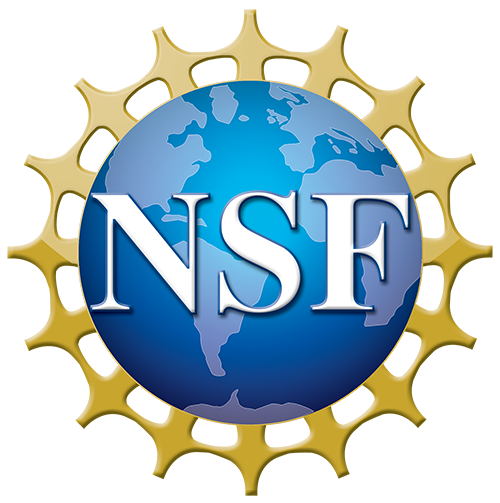GO-BGC utilizes autonomous robotic floats to measure temperature, salinity, pH, nitrate, chlorophyll, suspended particles, light, and derived parameters DIC, pCO2 and total alkalinity in the ocean from the surface to 2000m. These floats can operate continuously for years in all weather conditions, providing near real-time observations of ocean biogeochemistry and ecosystems throughout the world’s oceans. GO-BGC will deploy 500 autonomous floats in the world’s oceans between 2021 and 2026 as part of the OneArgo array. GO-BGC data are made freely available through our Data page and the Argo data system.
Floats deployed
Scheduled deployments
Data
Data from floats and ships, and tutorials on using the data
Deployment maps
Float array map and status table, current and future deployments
Adopt-A-Float
Partnering teachers with scientists to bring research into the classroom
Events
Upcoming events related to the GO-BGC project
Latest News
GO-BGC-affiliated students become PhDs
Drs. Paul Chamberlain, Rosalind Echols, and Channing Prend have recently graduated after defending their PhD theses.
Congrats to Dr. Wijffels
Dr. Susan Wijffels was awarded the Henry Stommel Research Medal, the highest award the American Meteorological Society can bestow on an oceanographer.
GO-BGC celebrates its first anniversary
Locations of GO-BGC floats deployed to date in the Atlantic and Pacific oceans. By 2025, the GO-BGC array will cover all the world’s major ocean basins. (MBARI) The NSF-funded Global Ocean Biogeochemistry Array (GO-BGC Array) is one year old! On March 25, 2021, a...
Revolutionizing our understanding of the ocean

Scientists at the Monterey Bay Aquarium Research Institute, the University of Washington, Scripps Institution of Oceanography, Woods Hole Oceanographic Institution, and Princeton University will use this grant to build and deploy 500 robotic ocean-monitoring floats around the globe as part of NSF’s Mid-scale Research Infrastructure-2 program


